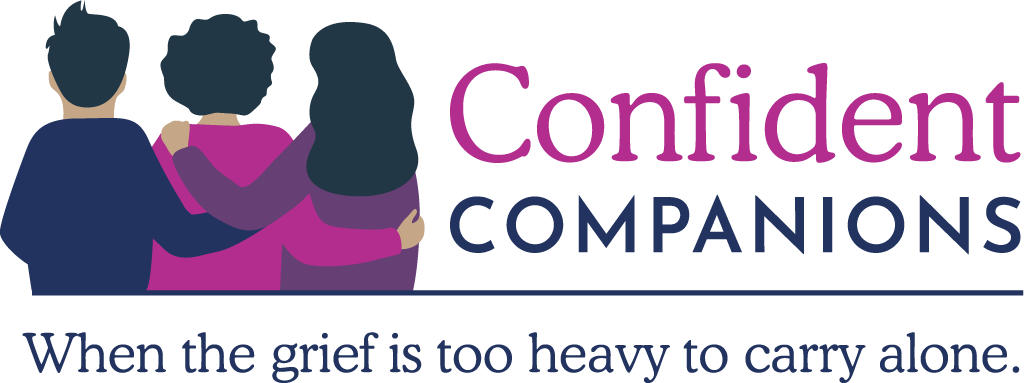My first suicide victim was my best friend from medical school. He was the valedictorian of our class. Previously, he was an Airforce fighter pilot. But when he ejected out if the cockpit to save his life, his head got hit and the military wouldn’t let him fly again. So, he went to medical school. 1 month after graduating, he took his life when his residency position “closed” due to lack of funding. He thought his life was over. None of us saw this coming and the events happened so quickly. I was in the O.R. when I got the call from my friend. Gutted!
Then, another colleague, a well-respected orthopedist with 35 years of practice history, took his life when he thought he was too old to do surgery and could not find any other meaning in his life. He was a great mentor and father figure to me. I was devastated. He had been on suicide watch x 3 months and was seeing a counsellor. The first day after he was removed from the watch, his wife went to get groceries….and she returned to find him.
One of the founders of the medical clinic that I worked for took his life my 2nd year of practice in my career. The clinic was in financial difficulties at the time…Wow, did this ever hit me to ensure that I had more interests than just my work. It also made me realize that suicide can happen to anyone.
We need tools in our mental health toolbox. Honestly, I think the biggest impact we can have to help mental health awareness is teaching the younger generations first and then all others to recognize the needs and be equipped with a “mental health” toolbox; just the way we teach them to have their “physical” health toolboxes…band aids, cleanser, etc.
For example, by the age of five, a child knows what to do for a cut and their knowledge continues to grow for physical medical needs as they age. Unfortunately, we do not teach those same skills for mental health needs. We could teach the affected to first recognize the signs of mental stress (curt response, voice raising, not sleeping, headaches and neck tension…body stress to name a few) and then equip them with the tools of the mental health toolbox which might include deep breaths, meditation, taking a walk, a time out, coloring. Everyone’s toolbox may be different, depending on what works for them and their needs.
Dr. Stacey Clarke
Then, another colleague, a well-respected orthopedist with 35 years of practice history, took his life when he thought he was too old to do surgery and could not find any other meaning in his life. He was a great mentor and father figure to me. I was devastated. He had been on suicide watch x 3 months and was seeing a counsellor. The first day after he was removed from the watch, his wife went to get groceries….and she returned to find him.
One of the founders of the medical clinic that I worked for took his life my 2nd year of practice in my career. The clinic was in financial difficulties at the time…Wow, did this ever hit me to ensure that I had more interests than just my work. It also made me realize that suicide can happen to anyone.
We need tools in our mental health toolbox. Honestly, I think the biggest impact we can have to help mental health awareness is teaching the younger generations first and then all others to recognize the needs and be equipped with a “mental health” toolbox; just the way we teach them to have their “physical” health toolboxes…band aids, cleanser, etc.
For example, by the age of five, a child knows what to do for a cut and their knowledge continues to grow for physical medical needs as they age. Unfortunately, we do not teach those same skills for mental health needs. We could teach the affected to first recognize the signs of mental stress (curt response, voice raising, not sleeping, headaches and neck tension…body stress to name a few) and then equip them with the tools of the mental health toolbox which might include deep breaths, meditation, taking a walk, a time out, coloring. Everyone’s toolbox may be different, depending on what works for them and their needs.
Dr. Stacey Clarke


